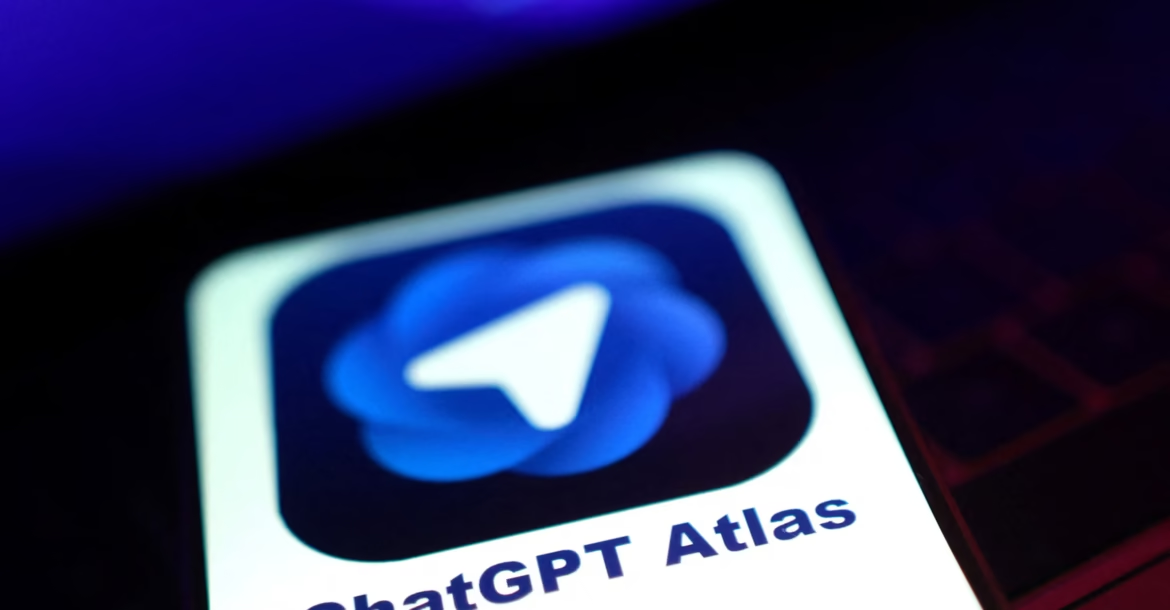
OpenAI Atlas: New ChatGPT Browser Is Here To Revolutionize The Way We Surf the Internet
OpenAI Atlas is a game-changing AI-enhanced browser that has ChatGPT embedded within the web surfing experience. While other browsers use extensions or plug-ins to implement AI capabilities, Atlas is designed...
Continue reading

